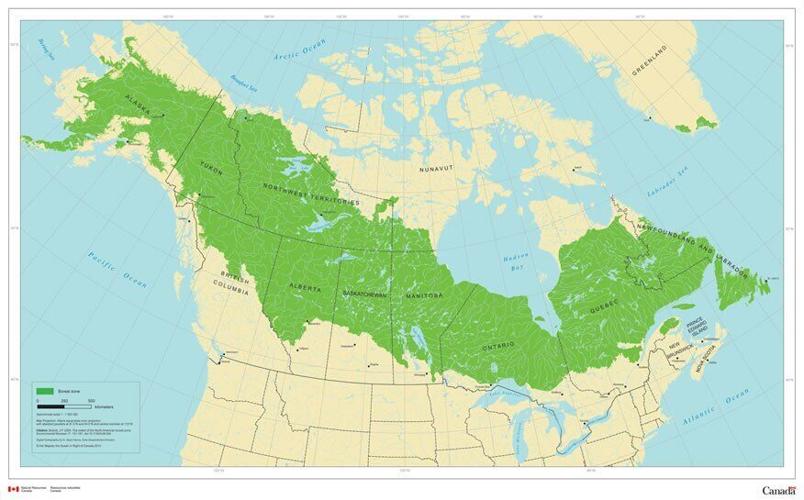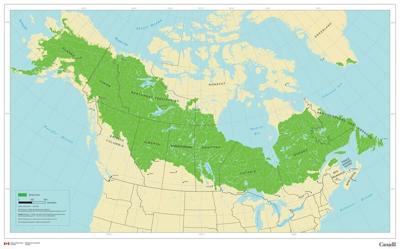Fire is becoming something of a theme in Canadian lives, in my life retroactively, as climate change advances. I cannot grasp the hugeness of the calamity we’re facing so I’ll tell you about harbingers of dread.
I’ve written before about being evacuated as a child to escape fire overtaking Sioux Lookout, one of the tiny northern Canadian towns where I was raised. It seemed relevant because that year the town was once again threatened by gigantic fire. Now it’s happening once more nearby, in .
What’s more, an Alberta town I know by heart is under fire threat as well, and another near where I was born in northern Manitoba. What once was notable is becoming a habit, a toxic, sinister pattern. We face death by landscape, as Margaret Atwood wrote in .
Fire smoke drifting east has me wearing a mask in downtown ÎÚŃ»´«Ă˝, where I live as an adult and where the biggest fire hazard is arson, commonplace in a city dotted with ill-financed pre-pandemic developments. I would have realized earlier that I was choking on my past lives burning down, but irony is often lost on me.
- Kristjan Lautens, Anastasia Blosser, Elissa Mendes
But after the 2024 Jasper fire and the 2016 Fort McMurray catastrophe, huge unquenchable fires are no longer singular, they’re typical, and people suffer the same way: the motel nights; endless campgrounds; kids clutching the one toy they were allowed to take.
People are living in profound fear and flying out in tiny planes. They’re not me, safe but sleepless in a distant city mentally walking down remembered sidewalks noting all the battered vinyl-siding structures they may never see again.
When I was growing up, there was a terrible fire near Kapuskasing, a place that I love and would yearn for if I allowed myself emotions like that. A teenage girl I knew died horribly in a controlled burn. A friend’s brother drowned, no reason, just went under as you do. Northern teens die in northern ways.
The entire town revolved around the pulp and paper mill where the parents of everyone I went to school with worked for decades. My school friends may still be working in what’s left of the mill.
Trees were us. Now they’re vanishing in an almost indescribably violent way. If there has never been a better time to be a human than right now, journalist John Vaillant writes, “there has never been a better time to be a fire.”
The Canadian Ophthalmological Society offers tips to protect your eyes as wildfire smoke blankets parts of Canada. (June 6, 2025 / The Canadian Press)
I am unable to write well about the Star’s Fresh Air Fund summer camp charity because I can’t explain that in my world you didn’t go into the woods for fun, you were already deep inside them and hoping for the best. They’re not instructive and packed with artistic history like Algonquin, they’re implacable.
I grew up on the edge of the  the size of France. When mothers told kids to go out and play, they meant out and they meant all day. It was like entering a whale, on your own with billions of trees, attractive in aggregate but each one spiky and sticky to climb. Snake balls (look it up) writhed.Â
I was a kid, I wasn’t . I respected the bush, as we called it, because unless you were Indigenous you had no way of managing it or even truly understanding it.

An aerial view shows spruce trees of the Canadian boreal forest west of Baie-Comeau, Quebec. The boreal forest, which is only second to the Amazon in terms of its vital role in ensuring the future of the planet, encircles the Arctic — and it is in just as much danger from climate change as the South American rainforest. (Photo by Ed JONES / AFP) (Photo by ED JONESED JONES/AFP via Getty Images)
ED JONESED JONES AFP via Getty IEnough about trees. In 2022, Channel-Port aux Basques, a famously rugged Newfoundland town where my surgeon father had briefly worked, was and partly destroyed. It wasn’t fire, it was severe winds, a storm surge, and clapboard (again) homes broken up and floating offshore.
That’s four towns. If my own dear Bonavista, NL, is flattened by a caving iceberg, it’ll be five. Fire, flood, pandemic, drought. What’s next? One supposes famine?
Respect what you have, Canadians. Our climate won’t change back. If we ever flee north, what will we find?
Error! Sorry, there was an error processing your request.
There was a problem with the recaptcha. Please try again.
You may unsubscribe at any time. By signing up, you agree to our and . This site is protected by reCAPTCHA and the Google and apply.
Want more of the latest from us? Sign up for more at our newsletter page.

































To join the conversation set a first and last name in your user profile.
Sign in or register for free to join the Conversation